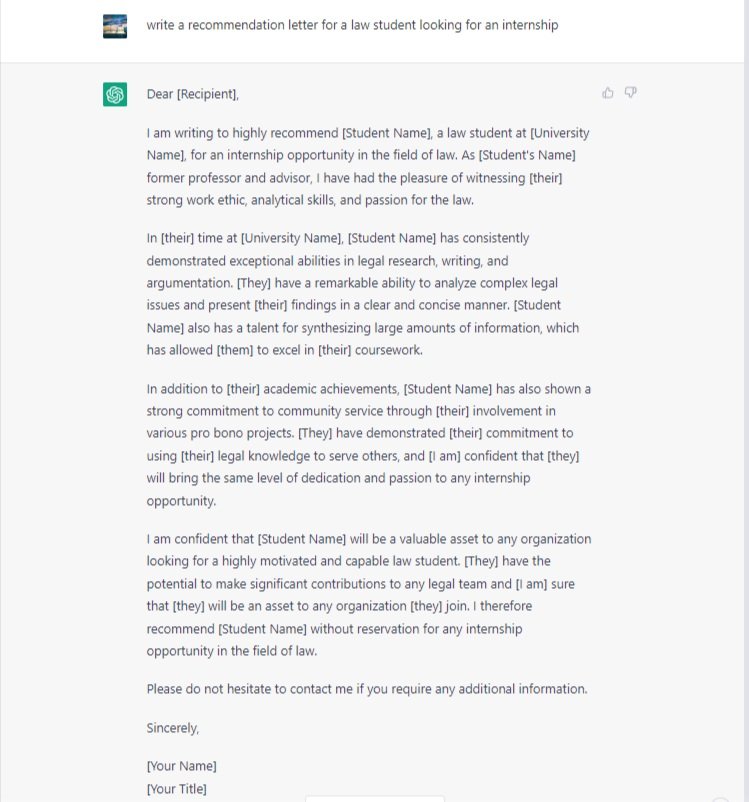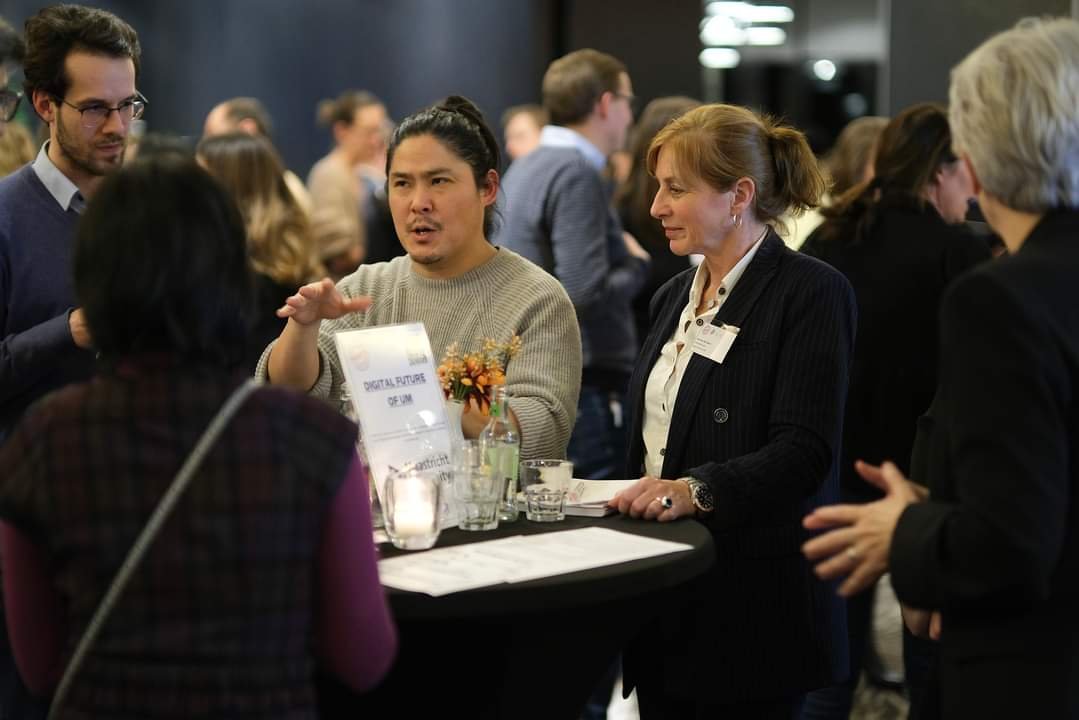I am currently back in Japan doing another fellowship at the Toyo University thanks to Prof. Kazuhiko Taya, who I worked together with to translate Jan Smits’ Contract Law: A Comparative Introduction last year. It has been three years since I last visited Toyo during my first fellowship here and while it feels like the entire world has completely changed since then, in some ways, it has not at all.
Back then, it was the golden era of “life before COVID-19” and for my son, who was only 3 months old, it was the first time he got to visit Japan. While my wife took care of our very jetlagged baby on unfamiliar soil (for which I will forever be grateful), I got to teach Japanese students (in my somewhat limited Japanese) about common law, Brexit, international arbitration, and my usual banter about global citizenship skills. I even had the time to draft an article for their law journal on “How (Not) to Search for the Truth and (Perhaps) Improve the Human Condition”, which was something quite outside of my usual repartee, where I talked about P-value hacking, influence of money on science, and how lawmakers can easily be duped by – or exploit – bad science.
In short, my time at Toyo not only allowed me to bring my family for their first visit to Japan, but it gave me the courage (and space) to write something outside of my comfort zone. However, what I think has been a very special privilege that has come with the fellowship is the precious time to engage with the Japanese students and how they see themselves in the world. While I am on my own this time around – with my amazing wife back in Maastricht taking care not only of our son, but now our daughter as well on her own (for which I will also be forever grateful) – the opportunity to engage with the Japanese students, to exchange ideas with them, and to perhaps inspire them to be more curious about the world beyond Japan has been the most difficult, yet rewarding challenge of this fellowship.
Unlike many of the adventurous and boisterous students of Maastricht University, the Japanese students tend to be somewhat more conformist and reserved, at least from what I have observed. This has been one of the constants, the thing that has not really changed at all. The Japanese students are extremely hard-working and very organized (thanks to Marie Kondo no doubt), but they tend to be quite shy and it is hard for them to express their opinions openly, especially when surrounded by their peers. The reality is that this is precisely how the (traditional) Japanese education system molded them to be, where they are expected to sit and passively listen to the “great wisdom” being imparted upon them by the gracious and mighty professors. As a result, to poorly paraphrase Brene Brown, many Japanese students do not dare greatly or not greatly enough. Most of them do not dream of going abroad and generally mind themselves on domestic matters, whether in their studies or in their lives.
So within the typical Japanese education framework, there simply is not enough opportunity for the students to think critically or for them to express themselves, but this is precisely what I have been trying to stimulate in my classes during my time here. The Japanese students tend to assess the situation more carefully before ever considering to engage in any classroom dialogue. As the old Japanese adage warns, deru kugi wa utareru (the nail that sticks out gets hammered) and no one wants to be the first nail to be publically slammed down. While there is some prudence in not just shouting out the first thought that percolates into one’s mind and perhaps there is some general reluctance to speak up in any classroom across the world, the Japanese students’ resistance towards taking a risk and speaking up is on a next level. For me, this fellowship is not just about speaking to the Japanese students about European laws, but it is a challenge for me to prod and awkwardly drag them out of their comfort zone in the hopes that they become a more global citizen.
How I approach this situation, and by no means is this a recommendation for all to emulate, is through humor (or at least what I consider to be humor) and self-deprecation. These are my two primary weapons of disarmament that create a safe space for students to come out of their defensive foxholes and to possibly consider opening up in class. While in Maastricht, I tend to insert unsolicited (and unwelcomed) dad jokes into my teachings (much to the chagrin of my students)*, from trial and error, I have learned that translated dad jokes are even more unfunny than its original. So I struggle openly in front of the class like a fish on a cutting board (or as the Japanese say, manaita no ue no koi), trying to over explain the joke. In the process of doing so, not only do I add some levity – if not commiseration – to the otherwise tense situation, but I can demonstrate to the students the fallibility of the person standing in front of them. I display that it is ok to try something even if it doesn’t work. That the teachers are – like them – just a flawed human being. Sure, perhaps with more information and experience, but we all learn, adjust, and (hopefully) move on in the same way.
Perhaps I am glamorizing my methods too much, but even in this seemingly stupid gesture of telling badly translated dad jokes, there is a purpose. While all of my failures are not so calculated, every action is indeed in furtherance of creating that space where the students can come out and learn, which I submit is a necessary foundation – a prerequisite – before truly meaningful and lasting education can take place.












